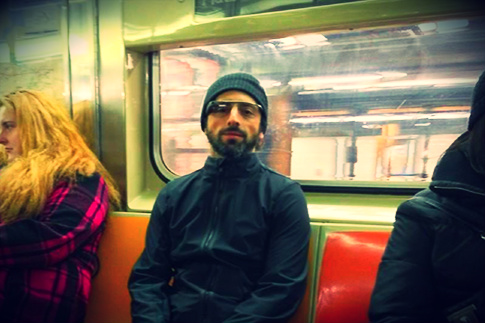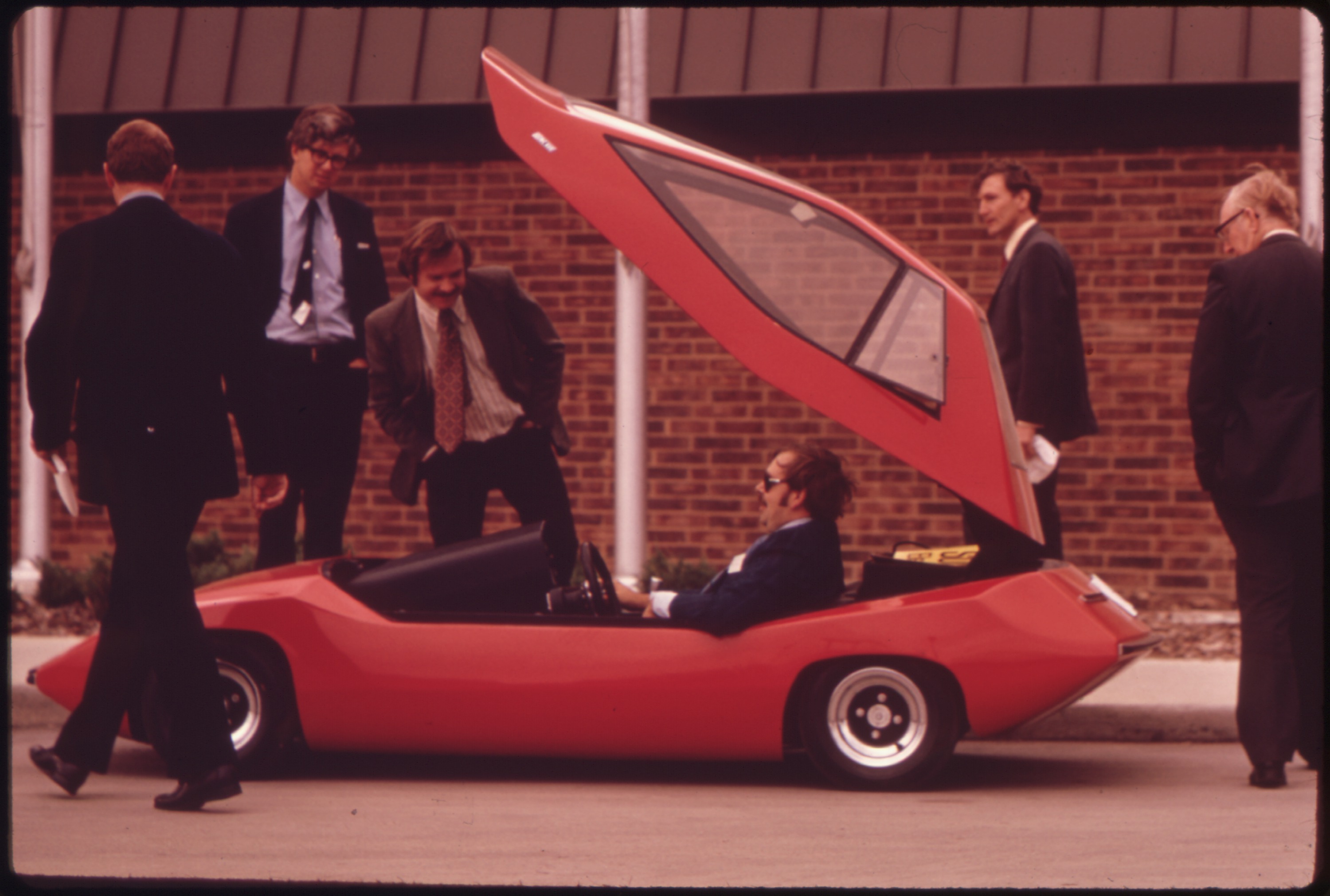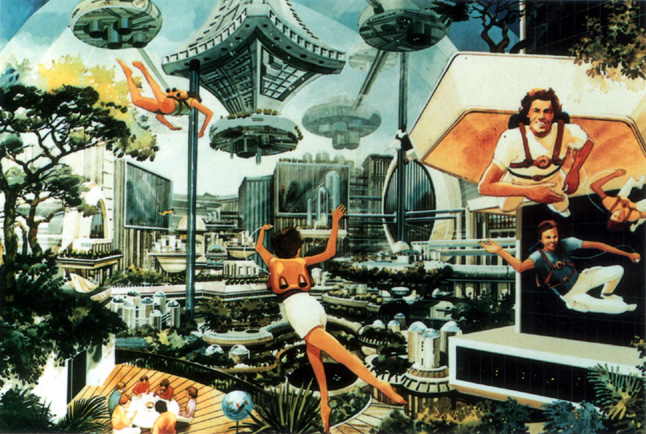
Shadi Hamid, a Brookings Fellow and author of a new book about contemporary Middle Eastern Islamists, just did an Ask Me Anything at Reddit. A few exchanges follow.
____________________________
Question:
I’ve always wondered about what the popular perception of Sharia law is among ordinary muslims, like in Saudi Arabia. Is that actually the system that they want to live under, or it is more imposed by the ruling class?
Shadi Hamid:
Support for sharia is widespread across the Arab world, but to different degrees. A lot of interesting polling data on this. In a 2012 Pew poll, 61% of Egyptians said they preferred the “model of religion in government” of Saudi Arabia over just 17% for Turkey’s. And, somewhat remarkably, in the 2010 Arab Barometer, 62% of Jordanians said they would support “a system governed by Islamic law in which there are no political parties or elections.” In countries, like Tunisia, that have experienced [often forced] secularization, the numbers are lower. Of course, this provokes more than a few questions – it’s one thing to believe in Islamic law in theory and another thing to actually back in practice. How aspirational is this? Are these sentiments shaped by social pressure, a sense that good Muslims have to say they support Islamic law? That needs to be taken into account as well. But, it is fair to say that many of these societies deeply conservative and illiberal in how they view the role of religion in public life.
____________________________
Question:
When was the last time you were in Egypt? Has there been a noticeable change in peoples’ attitudes towards one another and towards democracy?
Shadi Hamid:
When I was in Egypt in August, just a few days before the Rabaa massacre actually, it was a pretty shocking, and dispiriting, experience. You know, you read about rise of fascism in Europe after WWI in grad school, but it’s really something to see a kind of bloodlust – the desire to kill your countrymen – up close, from people you know and even care about, your friends. I saw that in Egypt and it was clear then the scars would take not just years, but possibly decades to heal. It’s brother against brother. Mother against son. It’s sectarianism without the sects, which in a way is more frightening because you can’t clearly define who your enemy is. It’s a difficult question but a vital one – how did so many Egyptians lose their humanity, lose their ability to empathize with their fellow citizens? Where exactly did this desire for blood come from. That’s why I think looking at religion and ideology is crucial because it’s those sorts of raw, existential divides – about the nature and identity of the State – that lead people to suspend their humanity. Egyptians would tell me: hey, you Americans with all your democracy talk and “respecting democratic outcomes.” Screw your democracy. We’re the ones who have to live with the consequences of elections… And that’s why I spent a lot of time in the book talking not just about the political and structural factors that influence ideas, but taking the ideas, aspirations, and ambitions of Islamist movements as something real and deeply felt.
____________________________
Question:
Do you think that religious sentiments comes in waves? In the 50s, the arab world was much more secular, and since, it witnessed an increase in religious fervor (as the whole world is doing), to reach the today’s peak. Do you think religiosity will be decreasing in the future?
Shadi Hamid:
This is where I think the Arab world, or even “Islam,” may be a bit distinctive. I see the era of secular nationalism in the 1950s and 60s as an aberration, a kind of exception to the rule. If you look at the broader sweep of Islamic history (and, granted, that’s risky going in a short comment like this), you find that Islam and Islamic law have always been part of the public discourse. Yes, you often a separation between the Caliph, or the executive, on one hand and the religious clerics on the other, but never a separation of religion from politics. Unlike in Christianity, where you have a (debatable) tradition of “leave unto Caesar what is,” Prophet Mohamed was a politician, a theologian, and a warrior all wrapped into one. Muslims aren’t necessarily bound by history, but we can’t pretend it doesn’t matter.
Also, there have been any number of attempts to force secularization, most notably in Turkey and Tunisia. But that didn’t work either. Over time, religion-friendly parties and then Islamists and then neo-Islamists rose to power through democratic elections in Turkey. There was a popular desire to erode the constraints of an aggressively secular, or laic, state, and religiously-oriented movements drew on that. In Tunisia, decades of secularization didn’t stop an Islamist party, Ennahda, from rising to power within a year of the 2011 revolution. And that was after Ennahda being pretty much eradicated from Tunisian society. Which makes it all the more striking.•

























